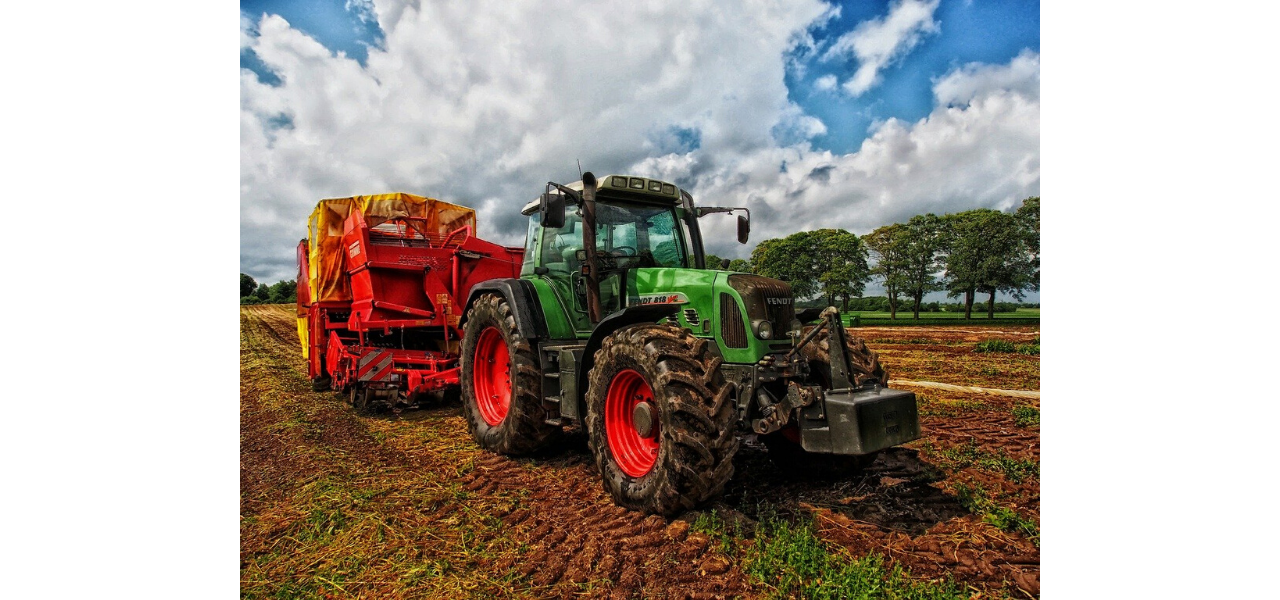The Current Agriculture Bill

One welcome change, that not much is being heard about because of other news, is the Agriculture Bill currently going through Parliament with the aim of it being enacted by 2021. The voice of the farming community and of the environmental bodies has naturally been strong to try and ensure that change really will be for the better.
It is a bill that proposes to change the subsidies so instead of being paid according to how many acres are farmed, there will be rewards for managing land in ways that protect the environment.
There will be a seven year transitional period to allow time for farmers to make the changes. Some have already started to make them. Instead of spraying crops with chemicals, land and water will need to be managed in a way that maintains, restores and enhances our cultural and national heritage. Farmers will be paid to find ways of mitigating or adapting to climate change. This includes ways to protect against environmental hazards such as flooding. They will also be paid to bring about two aims that many will welcome, protecting and improving the already high standards of health and welfare of livestock and the health of plants.
One rather more controversial aim from the farmer’s point of view is supporting public access and the enjoyment of the countryside, farmland or woodland and better understanding on the environment. While it is natural to wish that everyone can benefit, there is a code that needs to be respected, which includes shutting farm gates, taking your litter with you and the recognition that areas for dog walks are best kept separate from areas grazed by live-stock. Farmers have lost grazing land where there are popular dog walks. There are networks of footpaths and byways that people can keep to and have wonderful days out.
The wording of the Act is one for the lawyers but the message given is the need to protect our soils and bring back the quality they had before the use of chemicals. Already we are seeing this happening on the Marlborough Downs where farmers are working together to bring about change and the birds and wildlife are coming back. Wiltshire has some of the pioneer organic farms and the Chairman of the Soil Association in Helen Browning.
There is still a need to ensure that it will be possible for small farms to survive. This is a campaign that CPRE is pursuing as the bill goes through Parliament and adjustments can be made.
There is a lot competition for land use in this small island. Energy generation, transport, housing and large warehouses all seek land. These uses have to be planned carefully so the land is available for its main use of food production and land of the highest quality is strongly protected. There are ways to do this through re-using land that has already been built on and keeping green belts as lungs for major built-up areas. Holland, although a small country, is an exporter of food because of the new methods that have been adopted.
Green houses may well play a part, but we look forward to a time when, as a result of the Agriculture Act to be, our landscapes will benefit, more wildlife will return and soils will recover their fertility; where more trees will be planted and agro forestry will increase productivity; where there will be market gardens on the outskirts of towns to supply their needs, more allotments and where there will be better air quality. In schools in built-up areas where children have been encouraged to grow vegetables they have been able to be outside and be connected with the countryside in a way that is wonderful for them.



